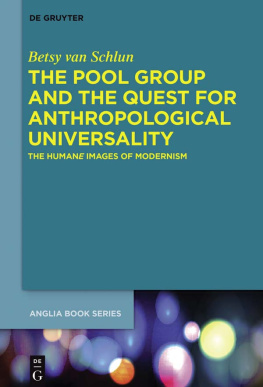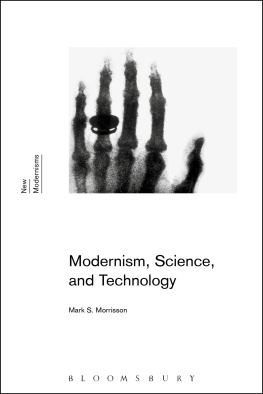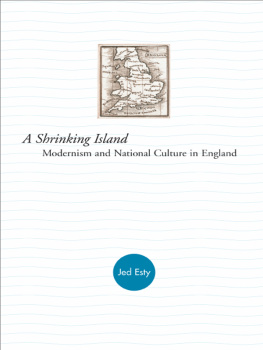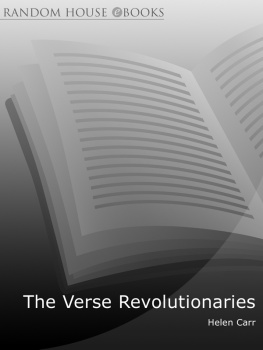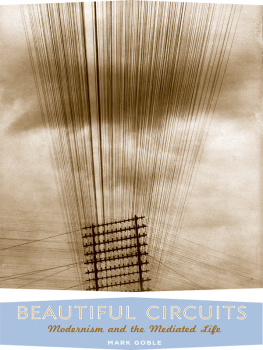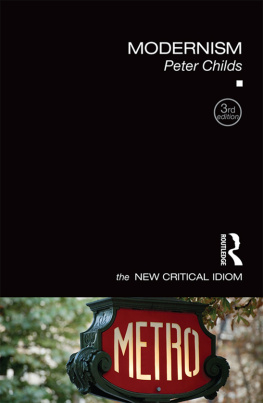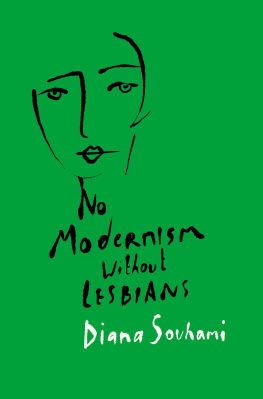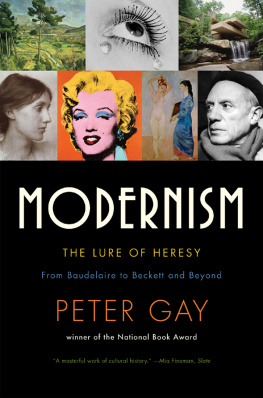Contents
Guide
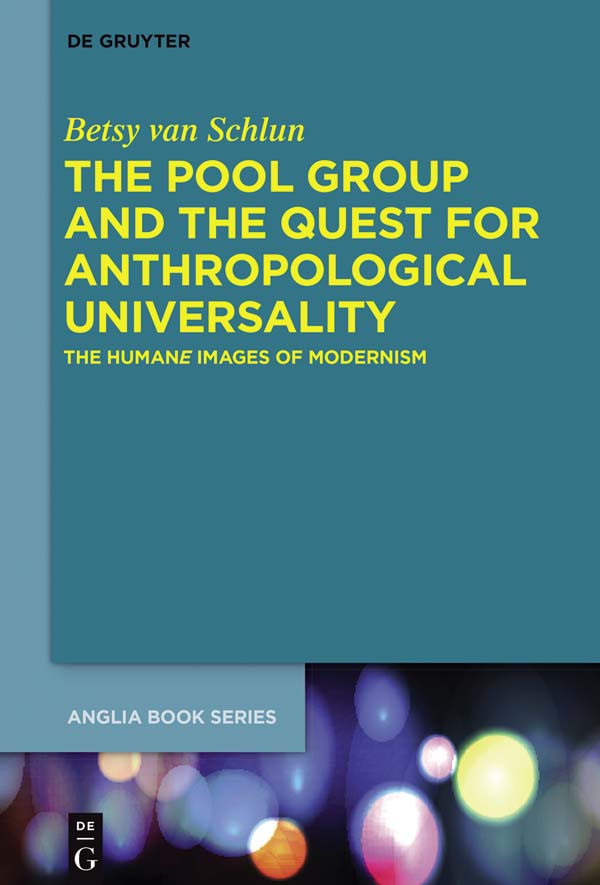
Betsy van Schlun
The Pool Group and the Quest for Anthropological Universality
Buchreihe der ANGLIA/ANGLIA Book Series

Edited by
Lucia Kornexl, Ursula Lenker, Martin Middeke,
Gabriele Rippl, Hubert Zapf
Advisory Board
Laurel Brinton, Philip Durkin, Olga Fischer, Susan Irvine,
Andrew James Johnston, Christopher A. Jones, Terttu Nevalainen,
Derek Attridge, Elisabeth Bronfen, Ursula K. Heise, Verena Lobsien,
Laura Marcus, J. Hillis Miller, Martin Puchner
Volume 55
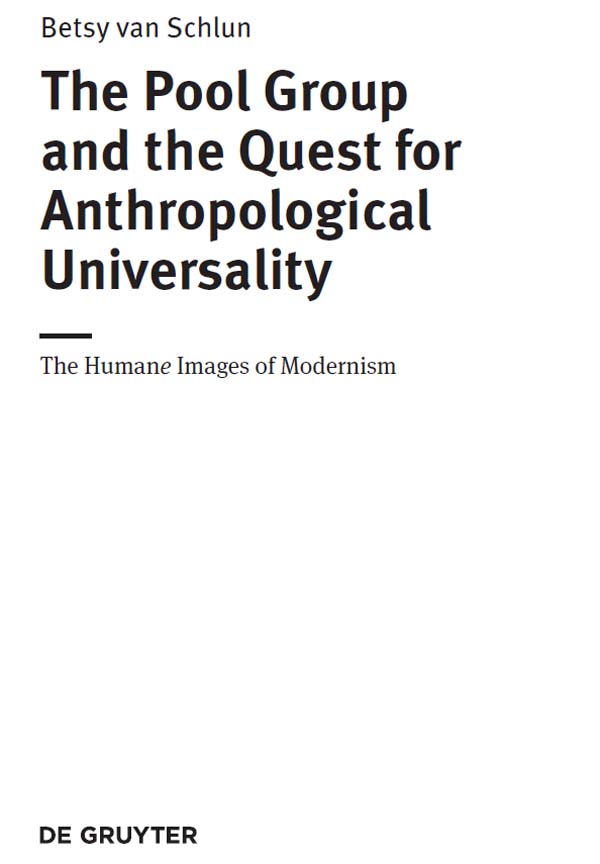
For an overview of all books published in this series, please see
http://www.degruyter.com/view/serial/36292
ISBN 978-3-11-043921-2
e-ISBN (PDF) 978-3-11-049108-1
e-ISBN (EPUB) 978-3-11-048867-8
ISSN 0340-5435
Library of Congress Cataloging-in-Publication Data
A CIP catalog record for this book has been applied for at the Library of Congress.
Bibliographic information published by the Deutsche Nationalbibliothek
The Deutsche Nationalbibliothek lists this publication in the Deutsche Nationalbibliografie;
detailed bibliographic data are available on the Internet at http://dnb.dnb.de.
2017 Walter de Gruyter GmbH, Berlin/Boston
www.degruyter.com
List of Illustrations
Yale Collection of American Literature, Beinecke Rare Book and Manuscript Library. Material by H.D. and Bryher: Copyright 2016 by the Schaffner
Family Foundation. Used by permission.
Yale Collection of American Literature, Beinecke Rare Book and Manuscript Library
Yale Collection of American Literature, Beinecke Rare Book and Manuscript Library. Material by H.D. and Bryher: Copyright 2016 by the Schaffner
Family Foundation. Used by permission.
Yale Collection of American Literature, Beinecke Rare Book and Manuscript Library. Material by H.D. and Bryher: Copyright 2016 by the Schaffner
Family Foundation. Used by permission.
Yale Collection of American Literature, Beinecke Rare Book and Manuscript Library. Material by H.D. and Bryher: Copyright 2016 by the Schaffner
Family Foundation. Used by permission.
Yale Collection of American Literature, Beinecke Rare Book and Manuscript Library. Material by H.D. and Bryher: Copyright 2016 by the Schaffner
Family Foundation. Used by permission.
Yale Collection of American Literature, Beinecke Rare Book and Manuscript Library. Material by H.D. and Bryher: Copyright 2016 by the Schaffner
Family Foundation. Used by permission.
Yale Collection of American Literature, Beinecke Rare Book and Manuscript Library. Material by H.D. and Bryher: Copyright 2016 by the Schaffner
Family Foundation. Used by permission.
Yale Collection of American Literature, Beinecke Rare Book and Manuscript Library. Material by H.D. and Bryher: Copyright 2016 by the Schaffner
Family Foundation. Used by permission.
Yale Collection of American Literature, Beinecke Rare Book and Manuscript Library. Material by H.D. and Bryher: Copyright 2016 by the Schaffner
Family Foundation. Used by permission.
Yale Collection of American Literature, Beinecke Rare Book and Manuscript Library. Material by H.D. and Bryher: Copyright 2016 by the Schaffner
Family Foundation. Used by permission.
Rights reserved by the Cinmathque Swiss
Yale Collection of American Literature, Beinecke Rare Book and Manuscript Library.
Rights reserved by the Cinmathque Swiss
Russian State Archive of Literature and Art, Moscow
Rights reserved by the Cinmathque Swiss
Rights reserved by the Cinmathque Swiss
Rights reserved by the Cinmathque Swiss
Rights reserved by the Cinmathque Swiss
Rights reserved by the Cinmathque Swiss
Photo: Kunsthistorisches Institut in Florenz Max-Planck-Institut
Rights reserved by the Cinmathque Swiss
Rights reserved by the Cinmathque Swiss
Rights reserved by the Cinmathque Swiss
Yale Collection of American Literature, Beinecke Rare Book and Manuscript Library. Material by H.D. and Bryher: Copyright 2016 by the Schaffner
Family Foundation. Used by permission.
Yale Collection of American Literature, Beinecke Rare Book and Manuscript Library. Material by H.D. and Bryher: Copyright 2016 by the Schaffner
Family Foundation. Used by permission.
Yale Collection of American Literature, Beinecke Rare Book and Manuscript Library. Material by H.D. and Bryher: Copyright 2016 by the Schaffner
Family Foundation. Used by permission.
Yale Collection of American Literature, Beinecke Rare Book and Manuscript Library. Material by H.D. and Bryher: Copyright 2016 by the Schaffner
Family Foundation. Used by permission.
Material by H.D. and Bryher: Copyright 2016 by the Schaffner Family Foundation. Used by permission
Acknowledgements
First and foremost gratitude belongs to Ralf Schneider, a most kind and considerate boss, who conceded me much time for my book. I would also like to thank Steve Tollivey at the BFI and Charles Silver at the Film Library of the MoMA for their ready help with the Pool film material and film-viewing equipment. For their help in securing permission concerning copyrights I thank Nancy Kuhl at the Beinecke Library (Yale Collection of American Literature), Michel Dind from the Cinmathque Swiss, Grazia Visintainer from the Institute of Art History in Florence Max Planck-Institute, and Declan Spring from New Directions Books and the Schaffner Family Foundation. Tobias Dring, Anne-Marie Bonnet and Barbara Schellewald I thank for their support in the early stages of this project and Michael Neumann for his ever friendly ear. Thanks also to Gabriele Rippl, Martin Middeke and Hubert Zapf, editors of the Anglia Book Series, and to the anonymous peer reviewers, to Bernhard Matschulla at the library of Eichsttt University, to Britta Schulze-Bhm for helping with questions about architecture and to Jennifer Horstmeier for improving the quality of some of the pictures. I also thank my colleagues at the University of Bielefeld and last but not least my family and friends.
1Introduction
Pool were Although associated with almost all the iconic modernists of their time, Pool are hardly known today. Hence much archival research was necessary to find and compile material at the outset of this project, but recently more and more of it has re-emerged in antiquarian bookstores, some of the film material is now available on DVD, and the Beinecke Library at Yale has uploaded an increasing amount of archive material to its Digital Image Collection.
Pool pose a research desideratum in studying Modernism, not only because they and their oeuvre have not been investigated in their sum total so far but because they are also completely different from other modernists. The modernists are often split up into an avant-garde that embraced modernity with its (technological) progress and mass culture and those modernists of classical high Modernism who advanced radical aesthetic experiments and an aesthetic revolution in opposition to modern popular culture (Huyssen 1986: vii, Rainey 1998: 30; Nicholls 1995: 166; Goldman 2004: 69; 2009: Hanna x). Pool are different in that they unite these two opposing tendencies, merging avant-garde modernity and popular culture with the experimental form aesthetic of classical Modernism, while also joining technological progress to humanitarian concerns. The conventional auxiliary critical construction therefore does not work with Pool. Thus the Pool phenomenon opens a new perspective onto Modernism and prompts a reconsideration of its canonical texts and figures. Pool is situated at the very intersection of those contradictions which constitute Modernism, and this is where much of the fascination of Pool lies, in their bundling of many of Modernisms contradictions. Next to the avant-gardes around Ezra Pound, on the one hand, and the Bloomsbury group, on the other, Pool constitute a third avant-garde mainstay of Anglo-American Modernism.

